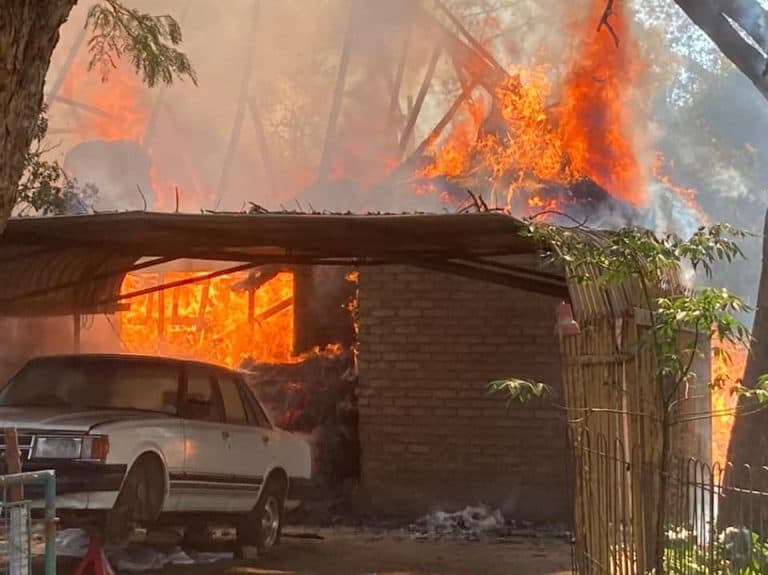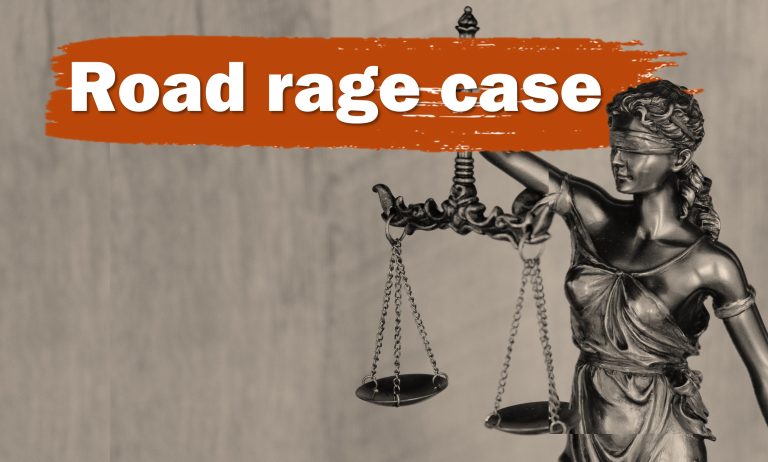Decentralisation of policing powers necessary, otherwise SA will remain unsafe – AfriForum
Soundbite: Jacques Broodryk (English)
Klankgreep: Jacques Broodryk (Afrikaans)
AfriForum has called on the South African Police Service (SAPS) to seriously consider the devolution of policing powers in the face of the country’s crippling crime crisis. This follows the announcement of a new national crime-fighting strategy, Operation Shanela 2, which aims to address violent crimes in crime hotspots across the nine provinces. While any genuine effort to improve public safety is to be supported, this plan again highlights the centralised nature of South Africa’s policing model – a model that has repeatedly failed to protect its citizens.
Police Minister Senzo Mchunu and National Commissioner Fannie Masemola have promised targeted action, including the deployment of additional detectives and interdepartmental coordination. AfriForum is, however, concerned about the long-term viability of this strategy in the absence of meaningful decentralisation of policing powers.
“The scale of the country’s crime crisis is staggering. Every single day, an average of more than 60 people are murdered, and 66 vehicles are hijacked. These are not just numbers – they reflect the sheer breakdown of law and order in our country. By SAPS’s own admission it lacks investigative capacity, which further exposes how centralised policing has become overwhelmed, under-resourced, and ultimately ineffective in addressing the country’s unique challenges,” says Jacques Broodryk, AfriForum’s Chief Spokesperson for Community Safety.
“Real reform demands a shift toward the devolution of policing powers so that provincial and municipal governments – working hand-in-hand with community safety structures – have the legislative power and resources to keep their communities safe.”
AfriForum has long maintained that the devolution of policing powers is a constitutional and practical necessity. Structures such as neighbourhood and farm watches have consistently demonstrated better response times and accountability and have even yielded greater results than many formal police units, especially in rural and high-risk areas.
AfriForum is cautiously optimistic about the police minister’s recent comment on the consideration of expanding the powers of metro police officers. If seriously pursued and implemented effectively, it would be a step in the right direction – one that brings policing closer to communities.
“The civil rights organisation welcomes any sincere attempt to fight crime, but without decentralised policing, government will never get ahead of this crisis. Local communities must be empowered to help take control of their own safety, because they are the ones living with the consequences of state failure every single day,” says Broodryk.
“Unless structural reforms are made to allow policing powers to be shared with provincial and local structures, initiatives like Operation Shanela 2 will remain temporary responses to a national crisis in need of permanent solutions.”
AfriForum remains committed to working with all stakeholders who truly prioritise the safety of citizens. The civil rights organisation will however continue to push for a policing model that will truly benefit those most affected by crime.











